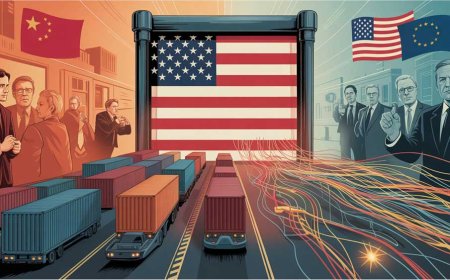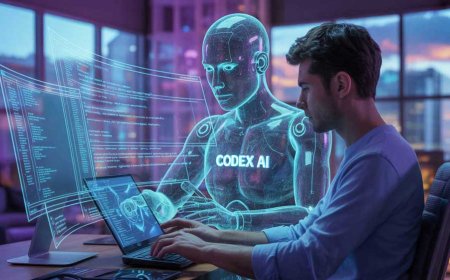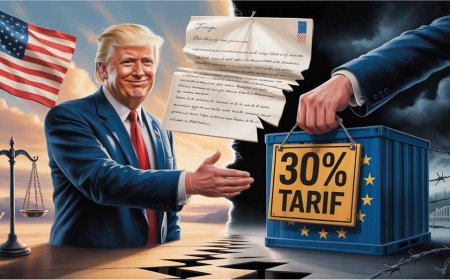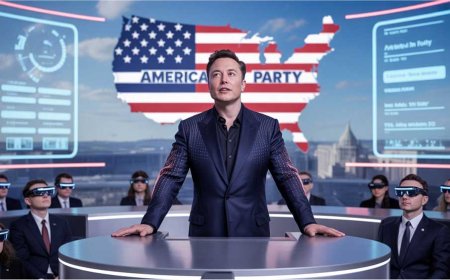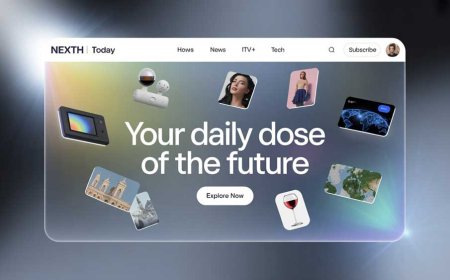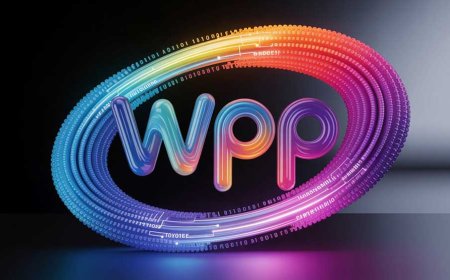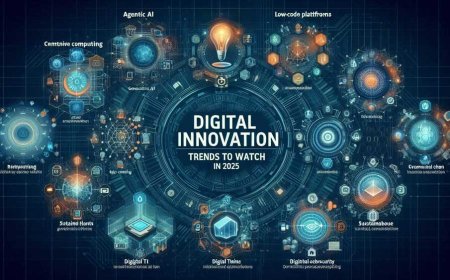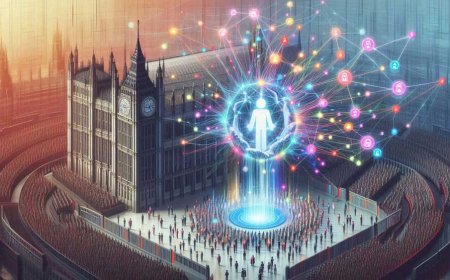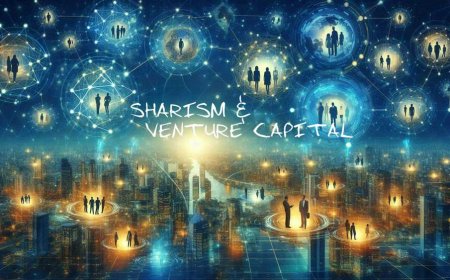Elon Musk’s America Party: The First Algorithmic Political Powerhouse?
Elon Musk’s launch of the America Party marks a radical shift in modern politics. With unlimited personal capital, ownership of a global media platform, and access to cutting-edge AI, Musk isn’t just creating a third party — he’s prototyping a new political operating system. This article explores how private infrastructure, algorithmic influence, and tech-first strategy could redefine democracy itself. Elon Musk’s America Party blends AI, media power, and personal wealth to challenge traditional politics. Is this the future of democracy?
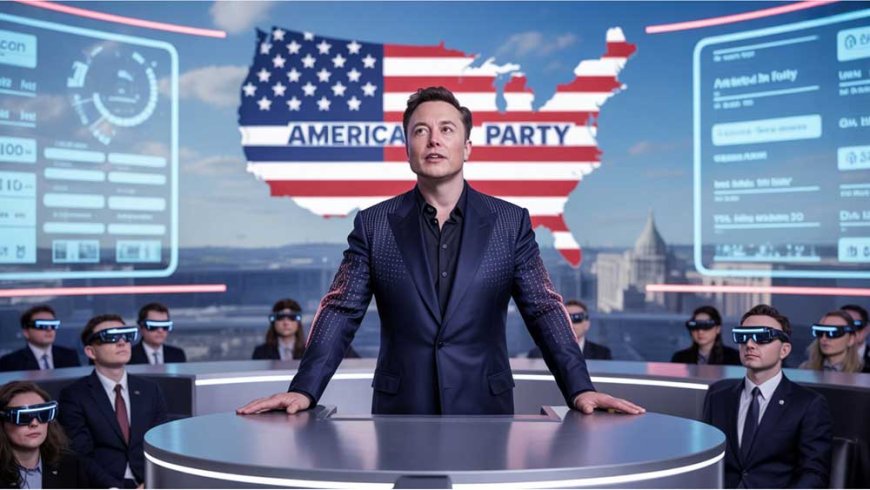
The launch of Elon Musk’s America Party isn’t just another political stunt or vanity project. It represents the beginning of a potential paradigm shift: for the first time in modern democratic history, a political initiative is being launched by someone who simultaneously controls:
- virtually unlimited personal financial resources,
- his own media and social network infrastructure, and
- some of the world’s most advanced artificial intelligence technologies.
This isn’t a traditional political movement. It’s the fusion of capital, code, and communication — and it may redefine what it means to be politically powerful in the 21st century.
From Campaign Donations to Total Financial Independence
We’ve seen wealthy individuals enter politics before: Ross Perot, Donald Trump, Michael Bloomberg. But Musk operates on another level.
He’s not just rich — he’s rich enough to fund not just a campaign, but an entire political infrastructure, with no need for donors, lobbyists, or external funding. His existing Super PAC, “America PAC,” has already poured hundreds of millions into 2024. With the America Party, he’s signaling a move from supporting candidates to building his own brand of influence.
His announced strategy — focusing on electing 2–3 senators and 8–10 representatives to act as swing votes in Congress — is surgical. It’s a high-leverage, capital-efficient way to buy political relevance without needing to dominate nationally. It’s not just politics — it’s a startup approach to congressional influence.
Owning the Infrastructure: AI, Social Media, and the Data Advantage
Musk’s true edge isn’t just money — it’s infrastructure.
He owns X (formerly Twitter), one of the most influential social platforms in the world. He has access to real-time public sentiment, and can test messages, run polls, and push narratives at global scale. The recent Fourth of July poll on X — with over 1.2 million respondents — was not a gimmick. It was a proof-of-concept: Musk doesn’t need mainstream media or traditional polling companies. He can speak directly to his audience, bypassing all intermediaries.
And with XAI and tools like Grok, Musk is building (and using) AI engines capable of targeting, personalizing, and optimizing political messaging in real time. It’s political campaigning powered by machine learning, at scale.
This creates a situation where political influence is no longer reactive — it becomes predictive. AI can segment voters, simulate reactions, and adjust language to resonate emotionally and ideologically with micro-targeted groups. In other words, this isn’t politics as usual. It’s AI-powered behavioral influence, embedded in a platform he owns.
Bypassing the System: No Party Machine Needed
Historically, third-party efforts in the U.S. have failed not because of lack of vision, but because of ballot access, organizational complexity, and entrenched two-party dominance. Musk’s approach doesn’t try to overcome that head-on. Instead, it bypasses traditional constraints using new tools and new rules.
By focusing on key congressional races — not the presidency — he avoids the full burden of nationwide ballot access while still potentially securing decisive leverage in federal governance. It’s a guerrilla tactic with a massive war chest.
And unlike grassroots movements that rely on volunteers and momentum, Musk can rely on algorithms, automation, and centralized control to scale awareness and mobilization.
My Take: Are We Watching the Privatization of Democracy?
This isn’t just a political development — it’s a technological and cultural experiment.
Musk is not building a political party in the classic sense. He’s building a personalized political platform — one that blends influencer culture, tech startup tactics, data monetization, and unilateral control. If this model proves effective — even marginally — others will follow.
What happens when more billionaires turn their media platforms into political vehicles? When policy debates are shaped not by institutions or parties, but by algorithmic engagement and AI-curated outrage? What happens when politics becomes a branch of your favorite tech brand?
It’s tempting to dismiss Musk’s America Party as a media stunt. But that would be a mistake. Because even if it fails electorally, it is successfully prototyping a new form of political influence — one that operates outside the boundaries of transparency, regulation, or institutional accountability.
We may be witnessing the emergence of something entirely new: not a party, but a techno-political platform — privately owned, data-driven, and infinitely scalable.
This isn’t democracy 2.0. It’s a beta version of an entirely new political OS — and Musk is running the test.
Whether that scares or excites you probably says more about the future we’re heading toward than any poll or pundit ever could.
What's Your Reaction?








